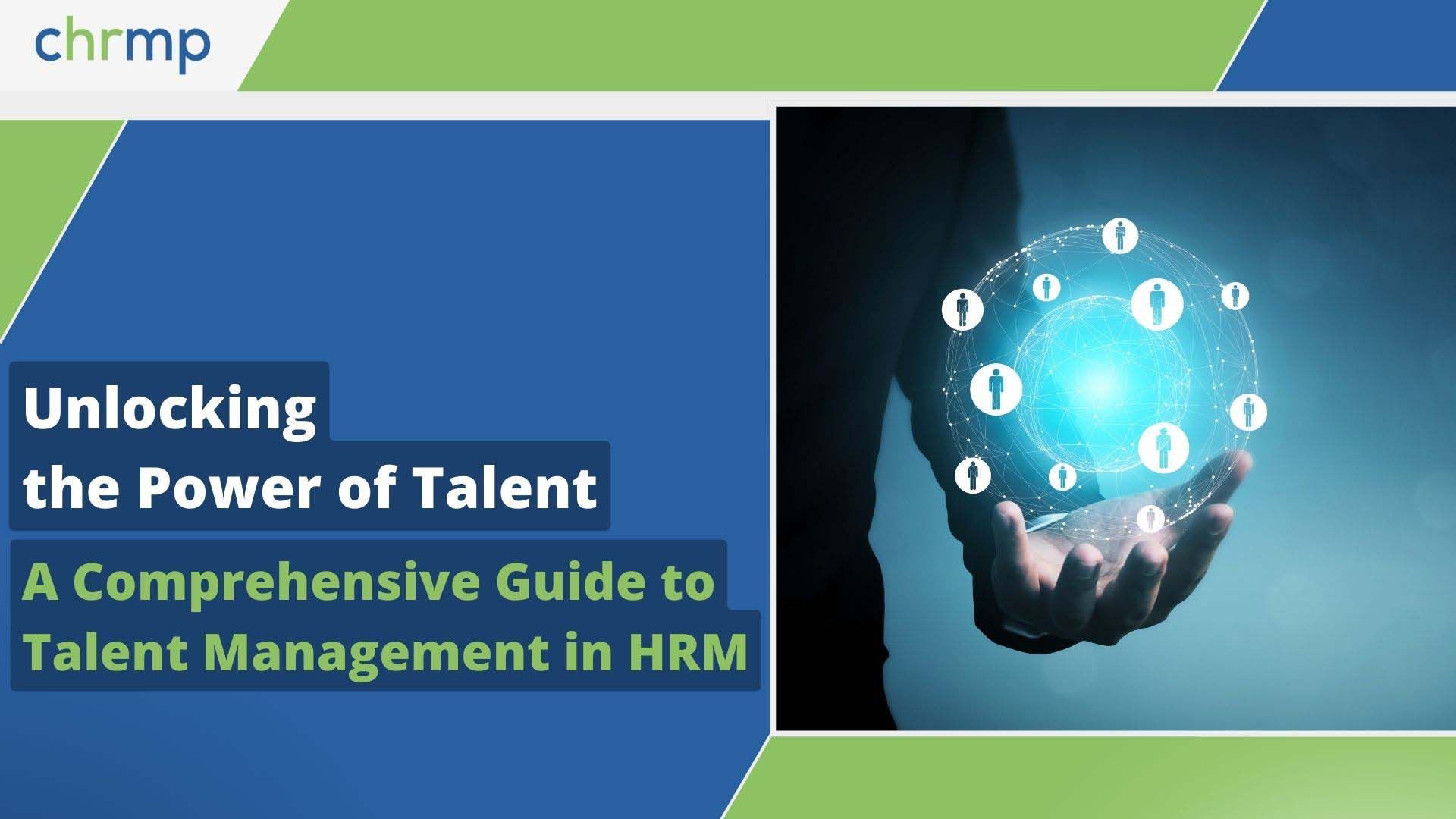

In today’s competitive business environment, the strategic handling of talent management in HRM (Human Resource Management) is crucial. This comprehensive guide delves deep into the essence and execution of effective talent management strategies within the framework of HRM. By integrating key concepts such as human resource management and talent management, we aim to provide a well-rounded understanding that will empower HR professionals to harness the full potential of their workforce.
Talent management in HRM focuses on identifying, recruiting, retaining, and developing the most talented and potential individuals available in the job market. It is a critical aspect of broader human resources and talent management strategies. The primary goal of talent and human resource management is to sustain a workforce that can achieve current and future business objectives, which underscores the role of talent management in HR.
HR plays a pivotal role in talent management by ensuring the right people are in the right jobs at the right time. The role of HR in talent management involves several key activities: recruitment, performance management, learning and development, and succession planning. Effective talent management in HRM ensures that these practices are aligned with the company’s strategic goals, enhancing organizational performance.
To successfully integrate HRM and talent management, organizations must view their talent as a key resource that requires continuous investment. This integration involves aligning the talent management process in HRM with the overall business strategy. The role of HRM in talent management is to act as a strategic partner in planning and executing talent strategies that drive organizational success.
The talent management process in HRM is a systematic approach that involves several stages:
Each stage of talent management and development in HRM is crucial for sustaining the life cycle of talent within the company, making talent management a strategic imperative.
The role of talent management in HR extends beyond hiring and firing. It encompasses developing a holistic view of talent hrm, where the workforce is recognized as the most significant asset. Talent management strategies must be innovative and adaptable to the changing needs of the talent and the organization.
Development is a key component of talent management strategies. By investing in talent management and development in HRM, organizations empower their employees to take on leadership roles and tackle future challenges effectively. This not only enhances job satisfaction but also boosts organizational resilience.
Viewing talent in HRM as a strategic asset involves recognizing the unique contributions of each individual. HR professionals must foster a culture where talent is nurtured, appreciated, and effectively utilized. This strategic focus helps in aligning individual goals with organizational objectives, thereby enhancing overall performance.
Talent management in HRM is a dynamic and integral part of human resource management. The interconnection between HRM and talent management provides a framework through which organizations can thrive and adapt in an ever-evolving business landscape. By understanding and implementing the concepts of talent human resource management, the role of HRM in talent management, and the comprehensive talent management process in HRM, HR professionals can unlock the full potential of their workforce.
We invite you to share your experiences or questions about implementing effective talent management strategies in your organization. How do you align your talent management practices with your organizational goals? What challenges have you faced, and how have you overcome them? Leave a comment below and join the discussion on harnessing talent for organizational success.

© 2007-2025 CHRMP| All Rights Reserved | Powered by Ripples Learning & Research Private Limited
